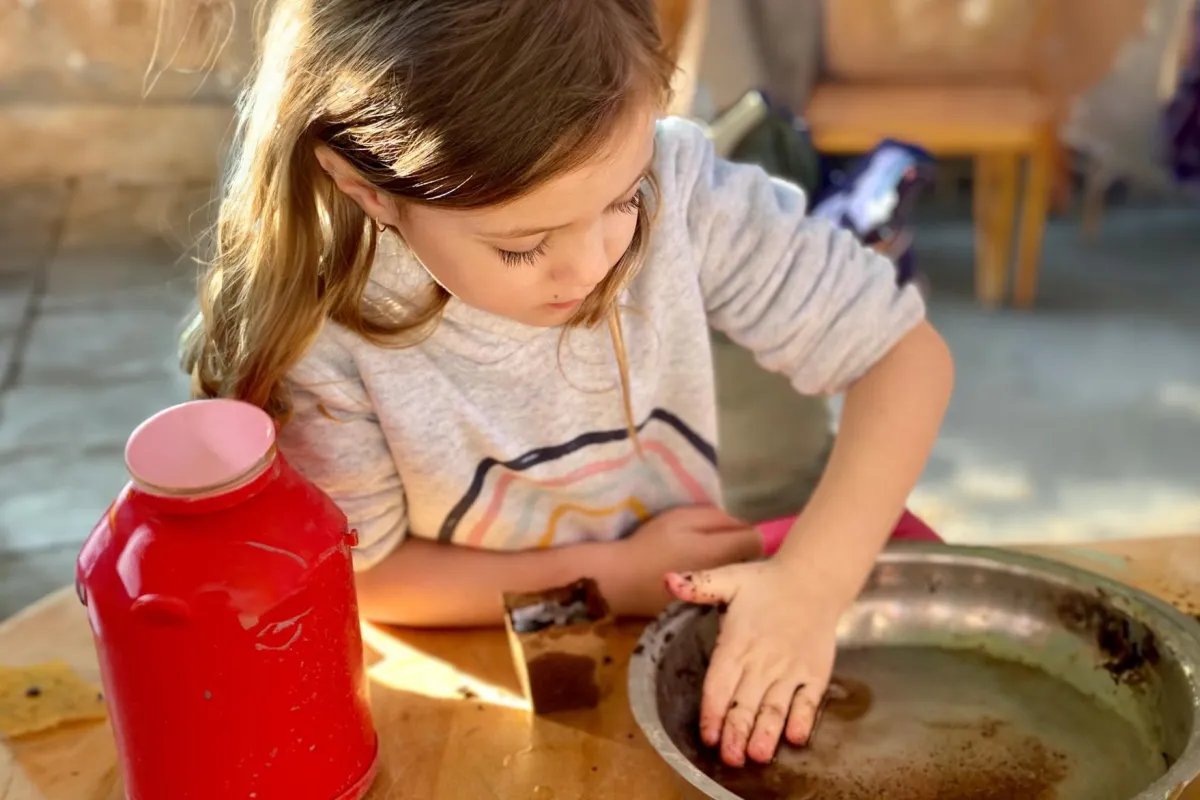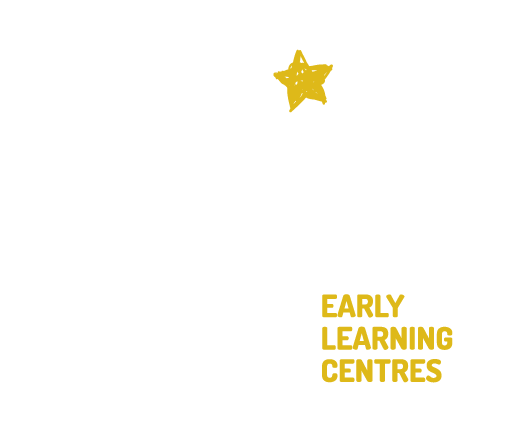Our Insights
Understanding Your Child Better
Our Insights
Understanding Your Child Better
Our Blog

What is Play Based Learning?
What is Play Based Learning?
“Play is our brain’s favorite way of learning”
-Diane Ackerman
WHAT IS PLAY-BASED LEARNING?
Children have a natural motivation to play. A play-based program builds on motivation, using play as a framework for learning. Inside of this framework children can explore, experiment, discover and solve problems in an array of imaginative ways.
A play-based approach involves both child-initiated and teacher-supported learning. The teacher encourages your children’s learning and inquiry amongst interactions that aim to expand their thinking beyond their current capacity.

WHAT ARE THE BENEFITS OF PLAY-BASED LEARNING?
Play-based learning has multiple benefits during your child’s life in the early years, including the development of intellectual skills, thinking and motivation, social skills, emotional skills, creativity and imagination.
The Early Years Learning Framework defines play-based learning as ‘a context for learning through which children organise and make sense of their social worlds, as they engage actively with people, objects and representations’. Children might participate in play on their own and explore different materials. They might also play with each other and use materials to represent other objects. This type of play, known as symbolic play, holds great value in developing cognitive skills, imagination and social competence and acceptance.
PLAY-BASED LEARNING & LANGUAGE SKILLS:
Engaging in active play from an early age encourages the development of language skills. During pre-school years, a child’s vocabulary grows and develops as they play together with peers and interact with adults. Adults have the opportunity to support language development through play; they can do this by asking questions, encouraging conversation and introducing unfamiliar words. The framework of play allows for this to happen in a natural way and learning is amplified as it is enjoyable and relevant to the child’s interests.
PLAY-BASED LEARNING & PRE-LITERACY SKILLS
Participating in play that involves music and rhyme’s supports the development of pre-literacy skills, such as your child’s listening ability and their ability to recognise sounds. Activities such as singing songs and reciting rhymes play a huge role in laying the foundations for reading and basic literacy. Rhyme, rhythm and repetition assist children to develop their ability to memorize and their ability to differentiate sounds.
PLAY-BASED LEARNING & SOCIAL & EMOTIONAL SKILLS:
Participating in play is closely linked with the development of social and emotional skills. Playing cooperative games and circle games brings joy as children share these social experiences with friends. It also plays an important pedagogical role of developing a sense of belonging to a community. Without this feeling of association, children will not be able to participate in learning.
The ability to develop positive relationships has also been linked to play-based learning. As children play and interact with each other they learn to get along with one another, use words to communicate their needs, as well as cooperate and resolve conflicts. Emotional competency and empathy are discovered and then further developed through play as children learn about their feelings, emotions and motivations of not only themselves, but others as well. It is essential to provide ample opportunities for young children to engage in dramatized play to demonstrate ways of caring and also showing empathy.
Playing is also seen as a form of stress release and children can engage in a calmer type of play when the day becomes ‘too much’ for them. Calm play can be therapeutic and allows time for the brain to process information and recharge.

FOSTERS CREATIVITY AND IMAGINATION:
Research has linked play to nurturing creativity and imagination, valued traits that are vital in the modern world. With the use of their imagination, children are able to find solutions to a variety of problems which they may encounter. Nurturing imagination in its ‘natural habitat’ of play at an early age is fundamental to developing curiosity and raising a successful generation of creative problem-solvers.
It is vital to remember that your child’s play needs to be freely chosen and also bring enjoyment to them. Learning through play creates a brain that has increased ‘flexibility and improved potential for learning in later life.’ Play-based learning is widely seen as an essential tool for early years teaching and learning as it greatly benefits children with the development of essential life skills
"Play gives children a chance to practice what they are learning."
– Fred Rogers
#InspiraKidsEarlyLearning #Childcare #Reading #EYLF #Australia #Victoria #Melbourne #Shepparton #Kialla #Mooroopna #Kyabram #Nagambie #Murchison #GladstonePark #WestMeadows #Broadmeadows #Tullamarine #Glenroy #StrathmoreHeights #OakPark #Sydenham #TaylorsLakes #CalderPark #KeilerLodge #TaylorsHill #CarolineSprings


